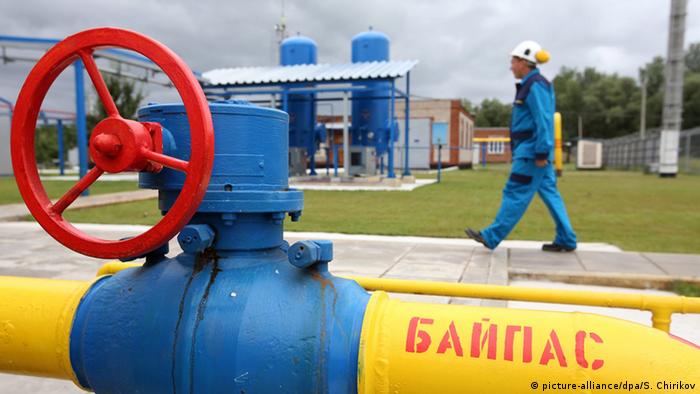
Earth Protect Blog
- Font size: Larger Smaller
- Hits: 2867
- 0 Comments
No time to lose on climate action

The latest IPCC report turns up the heat on policymakers - and rightly so. It is high time to get serious about the switch from oil and coal to renewables, says DW climate correspondent Irene Quaile.
Experts from more that 100 governments went through the latest IPCC report with a fine-tooth comb before it was published on November 1. Given that it is not based on new evidence, but is rather a summary of three previously published reports, the haggling over wording sends an interesting signal.
This summary for policymakers will be the basis upon which a new world climate treaty is negotiated - and wording is key. Behind the scenes, governments had been trying to influence how stark the language should be; how much urgency should be injected into a document that translates the knowledge of the causes and impacts of climate change into an imperative to take action.
Climate change - a risky business
This synthesis of everything we know about climate change leaves no room for doubt that global warming is happening, humankind is the major cause of it, it has dangerous consequences and that the earth's rising temperature trend may prove to be irreversible. This did not stop countries with large reserves of oil trying to tone down the report and cloud these key messages. And this shows where the real problem lies: in our continuing dependency on oil and coal, and in the power of those industries.
High time for an energy shift
The action required is clear, according to the IPCC report. Scientists have worked out how much carbon dioxide we can pump into the atmosphere without raising the temperature to a level generally regarded as dangerous. We have already used up two-thirds of this CO2 budget. Ideally, greenhouse gas emissions should peak by 2020, to keep climate change below that dangerous threshold. In fact, we are highly unlikely to get anywhere near that target.
By 2050, we must be producing the vast majority of the world's electricity from renewable sources. We are also still far from reaching that goal. By 2100, fossil fuels would have to be virtually phased out - unless there is considerable progress with carbon capture and storage technology.
What's in a word?
The wrangling over the formulation of the IPCC report shows this will not be an easy path. Some countries would have to completely rethink their business models. The Persian Gulf states and countries like Russia rely on revenue from selling fossil fuels - but oil and coal must be left in the ground to achieve emission reduction targets.
Other countries are dependent on fossil fuels, and therefore also on the countries that own and supply them - the case of Ukraine shows the risks of this kind of dependency. Development of renewable energy sources grants countries independence - both in energy and politics.

Many believe the ongoing gas dispute between Ukraine and Russia hampers Ukraine's political independence
Climate protection pays off
Cost is no longer an argument, the IPCC experts take a clear stance on that. Switching to renewable energy sources is the more cost-effective option because the longer we wait, the more expensive an energy transition and the costs of climate change impacts will be. Investment in low-carbon electricity and energy efficiency has to increase by several hundred billion dollars by 2030. But that will pay off in the end.
Business as usual is not an option. It would raise the temperature by up to 4 degrees centigrade (7 degrees Fahrenheit). That would mean more extreme weather, droughts and floods, and in turn waves of refugees and increased potential for conflict.
Time to act
The world's governments must agree on a new climate agreement that will guarantee a switch to clean energy and limit temperature rise. That means the industrialized countries have to take action now. At the same time, influential groupings like the G20 have to adopt climate change as a key economic and political issue, and use these frameworks to promote the energy transition. The next G20 meeting in Australia - a bastion of the coal industry - could be an ideal opportunity.
It will take more than the United Nations negotiations to save the world's climate. The need to transform our energy supply has to be at the top of the agenda at home and at all international summits. We owe that to the planet we live on, and to future generations.
Comments
-
Please login first in order for you to submit comments














